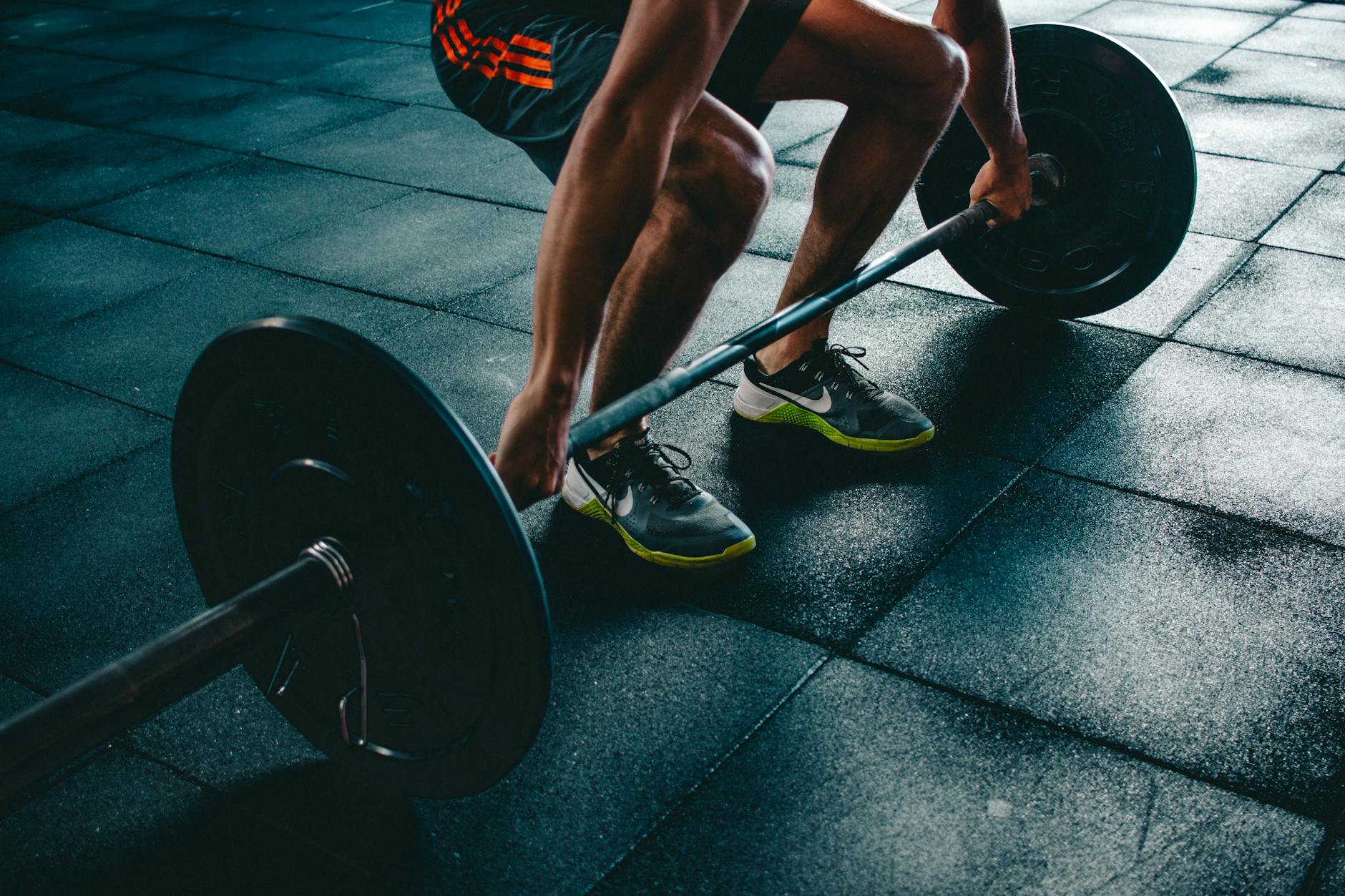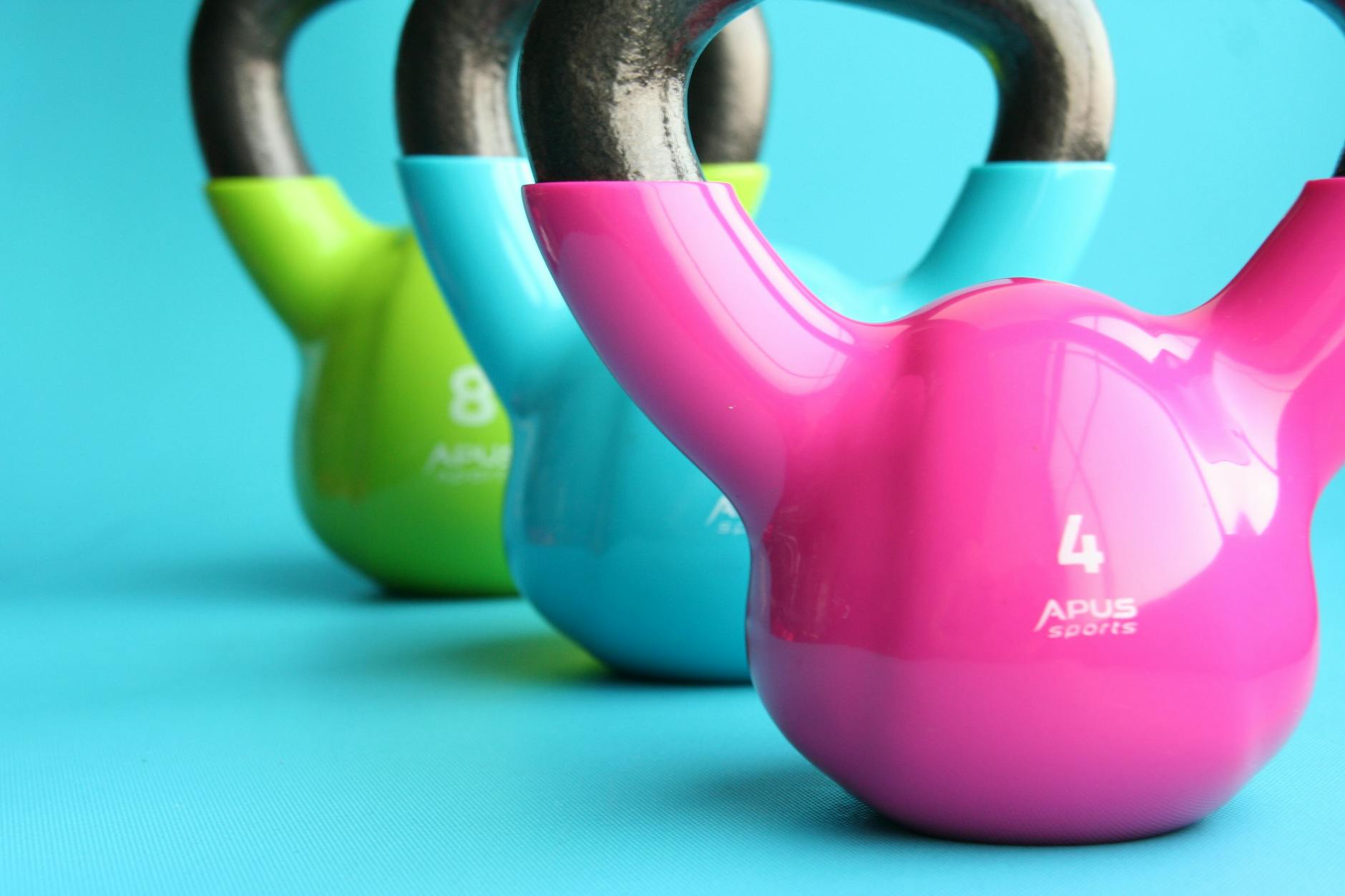
Are you struggling to build muscle despite spending countless hours at the gym? 💪 The secret to your fitness success might be hiding in plain sight—on your plate. Protein, the unsung hero of muscle growth, could be the missing piece in your workout puzzle.
But here’s the million-dollar question: How much protein do you really need? 🤔 With conflicting information flooding the internet and supplement companies pushing mega-doses, it’s easy to feel lost in a sea of protein shakes and chicken breasts. Fear not, fitness enthusiasts! We’re about to dive deep into the world of protein and muscle building, debunking myths and uncovering truths that will revolutionize your gains.
How Much Protein a Day Do You Need to Build Muscle
In this protein-packed guide, we’ll explore the fascinating role protein plays in sculpting your physique, help you calculate your personal protein needs, and reveal the secrets to optimizing your intake for maximum muscle growth. We’ll also introduce you to top-notch protein sources and teach you how to spot the signs of adequate—or excessive—protein consumption. Get ready to unlock the power of protein and transform your body like never before!
Understanding Protein’s Role in Muscle Building :

The science behind protein synthesis
Protein synthesis is the cornerstone of muscle building. This complex biological process involves the creation of new proteins within cells, which is essential for muscle repair and growth. When you engage in resistance training, you create microscopic tears in your muscle fibers. Protein synthesis is the body’s way of repairing these tears, resulting in stronger and larger muscles over time.
How protein supports muscle repair and growth
Protein plays a crucial role in supporting muscle repair and growth through several mechanisms:
- Amino acid supply: Proteins are broken down into amino acids, which serve as building blocks for new muscle tissue.
- Hormonal response: Protein intake stimulates the release of anabolic hormones like insulin and growth hormone, which promote muscle growth.
- Muscle protein balance: Adequate protein intake helps maintain a positive muscle protein balance, essential for muscle hypertrophy.
Types of protein and their effectiveness
Different types of protein have varying effectiveness in promoting muscle growth. Here’s a comparison of common protein sources:
| Protein Type | Biological Value | Digestion Rate | Best Use |
|---|---|---|---|
| Whey | High | Fast | Post-workout |
| Casein | Medium-High | Slow | Before bed |
| Egg | High | Medium | Any time |
| Soy | Medium | Medium | Plant-based option |
| Pea | Medium | Medium | Plant-based option |
Whey protein is often considered the gold standard for muscle building due to its high biological value and fast absorption rate. However, a combination of different protein types can be beneficial for sustained muscle growth throughout the day.
Now that we understand the fundamental role of protein in muscle building, let’s explore how to determine your specific protein needs for optimal muscle gain.
Determining Your Protein Needs :

Now that we understand protein’s crucial role in muscle building, let’s explore how to determine your specific protein needs. This knowledge is essential for optimizing your muscle-building efforts.
Factors affecting protein requirements
Several factors influence your protein requirements:
- Body weight and composition
- Activity level and type of exercise
- Age and gender
- Overall health status
- Specific fitness goals
Calculating your daily protein intake
To determine how much protein you need to build muscle, follow these guidelines:
- For sedentary individuals: 0.8g per kg of body weight
- For recreational athletes: 1.2-1.4g per kg of body weight
- For competitive athletes: 1.4-2.0g per kg of body weight
- For those actively building muscle: 1.6-2.2g per kg of body weight
| Activity Level | Protein Intake (g/kg body weight) |
|---|---|
| Sedentary | 0.8 |
| Recreational | 1.2-1.4 |
| Competitive | 1.4-2.0 |
| Muscle Building | 1.6-2.2 |
Adjusting protein intake for different fitness goals
Your protein needs may vary depending on your specific fitness objectives:
- Muscle gain: Aim for the higher end of the recommended range
- Fat loss: Maintain high protein intake to preserve muscle mass
- Endurance training: Focus on moderate protein intake with higher carbohydrates
- Strength training: Prioritize protein intake for muscle repair and growth
Common myths about protein consumption
Let’s debunk some common misconceptions about protein intake:
- Myth: More protein is always better
Reality: Excessive protein intake doesn’t lead to more muscle gain and can strain kidneys - Myth: You need to consume protein immediately after working out
Reality: While post-workout protein is beneficial, the overall daily intake is more important - Myth: Plant-based proteins are inferior for muscle building
Reality: Well-planned plant-based diets can provide adequate protein for muscle growth - Myth: Protein supplements are necessary for muscle gain
Reality: Whole food sources can meet protein needs for most individuals
Understanding these factors and dispelling common myths will help you optimize your protein intake for effective muscle building. Next, we’ll explore strategies for maximizing the benefits of your protein consumption.
Optimizing Protein Intake for Muscle Gain :

Now that we understand the importance of protein and how to determine your needs, let’s focus on optimizing your protein intake for maximum muscle gain.
Timing your protein consumption
Timing is crucial when it comes to protein intake for muscle growth. Here’s a breakdown of optimal timing:
| Meal Time | Protein Intake | Purpose |
|---|---|---|
| Breakfast | 20-30g | Kickstart muscle protein synthesis |
| Pre-workout | 15-20g | Fuel muscles for exercise |
| Post-workout | 20-40g | Support muscle recovery and growth |
| Before bed | 30-40g | Sustain muscle repair during sleep |
Spreading protein intake throughout the day
Rather than consuming large amounts of protein in one or two meals, it’s more effective to spread your intake across the day. This approach:
- Maintains a steady supply of amino acids for muscle building
- Enhances muscle protein synthesis
- Improves overall protein utilization
The importance of post-workout protein
Post-workout protein intake is particularly crucial for muscle gain. Here’s why:
- Replenishes depleted amino acid stores
- Initiates muscle repair and growth
- Reduces muscle soreness and fatigue
Aim to consume 20-40g of high-quality protein within 30 minutes after your workout for optimal results.
Combining protein with other nutrients for maximum benefit
To maximize muscle gain, combine protein with other essential nutrients:
- Carbohydrates: Replenish glycogen stores and enhance protein absorption
- Healthy fats: Support hormone production and reduce inflammation
- Vitamins and minerals: Aid in protein synthesis and muscle recovery
By optimizing your protein intake through proper timing, distribution, and nutrient combination, you’ll be well on your way to achieving your muscle-building goals. Next, we’ll explore the best sources of high-quality protein to fuel your muscle growth.
Sources of High-Quality Protein :

Now that we understand how much protein we need to build muscle, let’s explore the various sources of high-quality protein available to help you meet your goals.
A. Animal-based protein options
Animal-based proteins are complete proteins, containing all essential amino acids. They are highly bioavailable, making them excellent choices for muscle building.
- Lean meats (chicken, turkey, beef)
- Fish (salmon, tuna, tilapia)
- Eggs
- Dairy products (Greek yogurt, cottage cheese, milk)
B. Plant-based protein alternatives
Plant-based proteins can also support muscle growth, although they may require more strategic combinations to ensure a complete amino acid profile.
- Legumes (lentils, beans, chickpeas)
- Nuts and seeds
- Quinoa
- Soy products (tofu, tempeh, edamame)
C. Protein supplements: pros and cons
Protein supplements can be convenient for meeting your protein needs, but they come with both advantages and disadvantages.
| Pros | Cons |
|---|---|
| Convenient and portable | Can be expensive |
| High protein content | May contain additives |
| Quick absorption | Less satiating than whole foods |
| Variety of flavors | Potential for overconsumption |
D. Balancing whole foods and supplements
While supplements can be useful, it’s important to prioritize whole food sources of protein. Here’s a simple guideline for balancing your protein intake:
- Aim to get 80-90% of your protein from whole food sources
- Use supplements to fill in gaps or for post-workout convenience
- Choose high-quality, minimally processed protein supplements when needed
By incorporating a variety of these protein sources into your diet, you can effectively support your muscle-building goals. Next, we’ll explore how to recognize if you’re getting adequate protein or if you might be consuming too much.
Signs of Adequate vs. Excessive Protein Intake :

Indicators that you’re getting enough protein
When you’re consuming an adequate amount of protein for muscle building, you’ll likely notice:
- Steady muscle growth and improved strength
- Quick recovery after workouts
- Stable energy levels throughout the day
- Healthy skin, hair, and nails
Symptoms of protein deficiency
Insufficient protein intake can lead to:
- Muscle weakness and loss
- Slow recovery from injuries
- Frequent hunger and cravings
- Weakened immune system
Potential risks of overconsumption
While protein is essential, excessive intake can have drawbacks:
| Risk | Description |
|---|---|
| Kidney strain | High protein diets may stress kidneys, especially in those with existing issues |
| Digestive discomfort | Overconsumption can lead to bloating, constipation, or diarrhea |
| Nutrient imbalance | Focusing too much on protein may lead to neglecting other important nutrients |
| Weight gain | Excess protein can be stored as fat if not used by the body |
Monitoring your progress and adjusting intake
To ensure you’re getting the right amount of protein:
- Track your daily protein intake using a food diary or app
- Measure your muscle mass and strength regularly
- Pay attention to how you feel during and after workouts
- Consult with a nutritionist or trainer for personalized advice
By carefully monitoring these factors, you can fine-tune your protein intake to optimize muscle growth without risking overconsumption. Remember, the key is finding the right balance for your individual needs and goals.

Protein plays a crucial role in building and repairing muscle tissue, making it an essential nutrient for those looking to increase muscle mass. While individual protein needs vary based on factors such as body weight, activity level, and fitness goals, most people engaged in regular strength training should aim for 1.6 to 2.2 grams of protein per kilogram of body weight daily. Spreading protein intake evenly throughout the day and consuming it shortly after workouts can help optimize muscle growth and recovery.
To meet your protein requirements, focus on incorporating a variety of high-quality protein sources into your diet, such as lean meats, fish, eggs, dairy products, and plant-based options like legumes and tofu. Pay attention to your body’s response to increased protein intake, and adjust as necessary. Remember, while protein is crucial for muscle building, it’s just one piece of the puzzle – a balanced diet, proper rest, and consistent exercise are all essential components of a successful muscle-building program.













